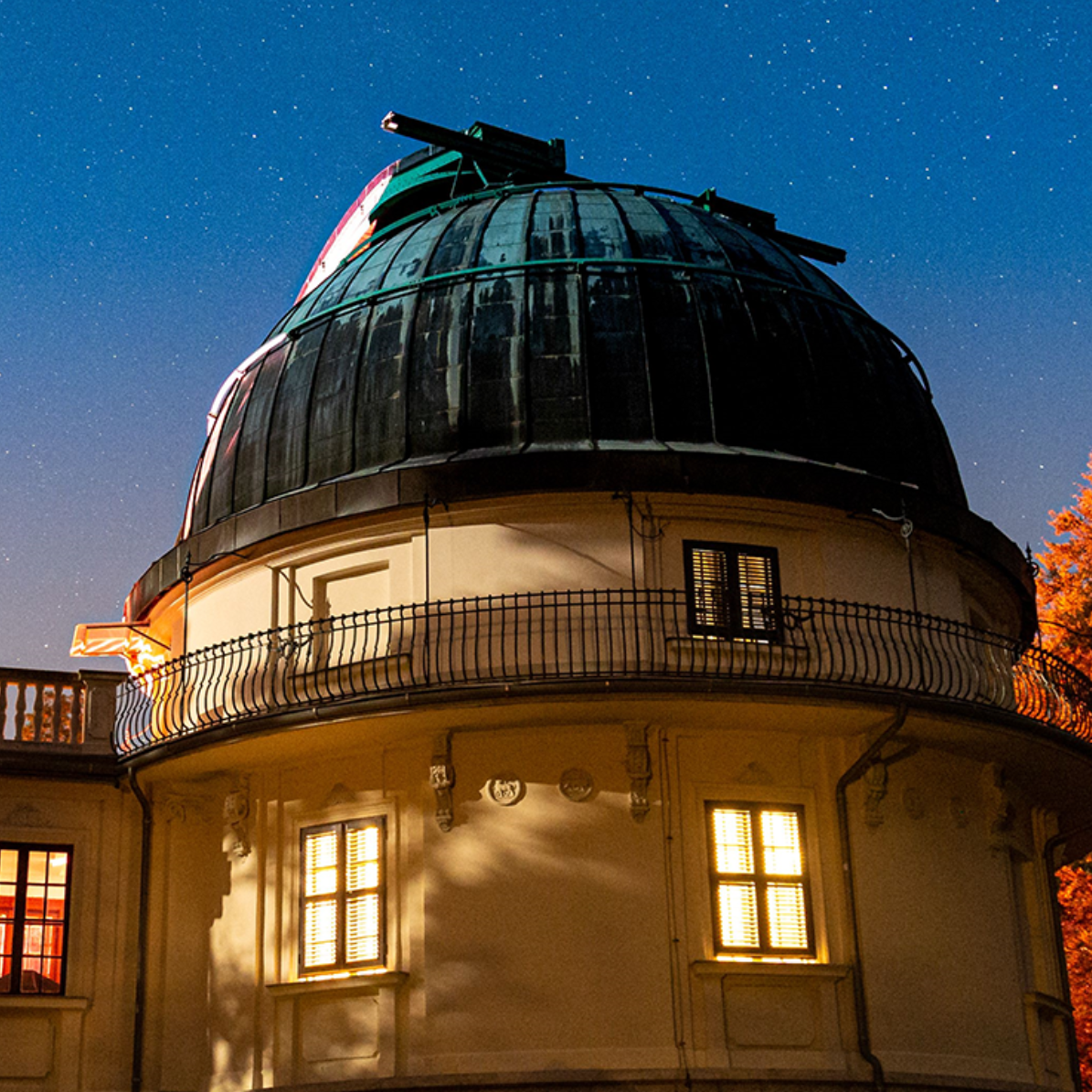Staff members and postdocs
Dr. András Kovács (PI)
Coordinator of the Lendület-LSS project, supervisor of students.
Postdoctoral fellow (open position)
Starting from February 2023 (later dates are possible), the postdoc fellow will be involved in the simulated and real-world analyses of large data sets of the cosmic web, including cross-correlations of CMB anisotropies with LSST-DESC and Euclid galaxy samples (simulations and early data), and the WEAVE-QSO Lyman-alpha forest data set.
PhD students
Nestor Arsenov (part-time)
Supported by a fellowship from the Bulgarian Academy of Sciences and Erasmus+ grants, Nestor is a visiting doctoral student who develops halo occupation distribution (HOD) models for QSO and galaxy surveys (Gaia, J-PAS, Pan-STARRS, DES), contributes to measurements of correlations between void positions and secondary CMB anisotropies (ISW, lensing, tSZ), and explores machine learning solutions to estimate accurate photometric redshifts for J-PAS QSOs.
Mar Pérez Sar (part-time)
Aiming at a comprehensive understanding, Mar’s thesis work focuses on both observational (Euclid, J-PAS) and theoretical aspects of voids and their environments. Supported by an FPI doctoral fellowship, Mar will study the prospects of using angular redshift fluctuations (ARF) at void positions to unlock new cosmological information, including key redshift ranges where the predictions of standard and alternative models differ most significantly (z>1). She will participate in the Lendület-LSS group’s work at Konkoly based on international mobility grants.
PhD Student (open position)
Starting from September 2023, the student will work on statistical analyses of QSO data sets (J-PAS), galaxy catalogs (LSST-DESC, Euclid), and the high-z Lyman-alpha forest fluctuations (WEAVE-QSO). The main goal of the thesis work (2023-2027) will be to explore the prospects of CMB-LSS cross-correlations using state-of-the-art galaxy surveys, participate in survey validation efforts, and then extract cosmological information.
Master students
Erik Gebhard (full-time)
In his master thesis project, Erik explores the detection significance of CMB cross-correlation signals using a QSO catalog from combined Pan-STARRS+WISE data. A key challenge is the presence of photometric redshift errors that limit our ability to robustly identify voids, but the large survey area might provide acceptable signal-to-noise, paving the way for more precise measurements with e.g. J-PAS narrow band QSO data.
Interns
Gisela Camacho (part-time)
In the context of forecast analyses of 2D Void x CMB cross-correlation signals, Gisela’s work contributes to the Lendület-LSS group’s efforts to exploit the rich QSO catalogs from upcoming J-PAS survey, and thus extend the range of CMB lensing measurements to higher redshifts (z>1). She is also involved in analyses of DES LRG data sets to measure cross-correlations with Planck tSZ maps.
Christine Lee (part-time)
The main goal of Christine’s project is to use z<1 galaxy catalogs, extracted from a combination of Pan-STARRS and WISE data, for measuring the CMB lensing and ISW signals of 3D voids defined by the ZOBOV/Revolver method. These results might be extended to other survey data sets (Euclid, LSST-DESC) in the context of the Lendület-LSS project.
Main collaborators
István Szapudi (Institute for Astronomy, University of Hawaii)
István Csabai (Eötvös Loránd University)
Carlos Hernández-Monteagudo (Instituto de Astrofísica de Canarias)
Pauline Vielzeuf (Centre for Particle Physics of Marseilles)
